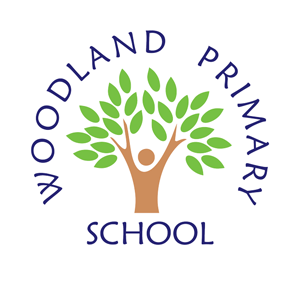Subject area: Maths
At Woodland, the children are taught a Mastery Mathematics curriculum. We believe that mastery is a journey and long-term goal, achieved through exploration, clarification, practice and application over time. At each stage of learning, our pupils are provided with the opportunity to demonstrate a deep, conceptual understanding of the topic and build on this over time. The children at Woodland are not just taught to memorise key facts and procedures, which tends to lead to superficial understanding that can easily be forgotten. Pupils are encouraged to select which mathematical approach is most effective in different scenarios. We believe no pupil should be left behind. Abilities are neither fixed nor innate, but can be developed through practice, support, dedication and hard work. The focus is keeping up over catching up. By making high expectations clear and emphasising the value of mathematics education, our pupils are encouraged to build confidence and resilience.
Our Mathematics Curriculum strongly promotes independent learning and thinking, alongside collaborative work, to develop and prepare children for the wider world and the challenges this will bring. At Woodland, we use a CPA (concrete, pictorial, abstract) approach within our daily lessons. Objects, pictures, words, numbers and symbols are everywhere for the children to see and use. We, at Woodland, believe that by incorporating all of these, pupils can explore and demonstrate mathematical ideas, enrich their learning experience and deepen understanding. Together, these elements help cement knowledge so pupils truly understand what they’ve learnt.
We aim to develop motivated, creative and resilient mathematicians who can confidently apply what they learn in any situation. Most of all we want children to enjoy Maths and to get excited about the challenges the subject can bring.
Download further information below:

Safeguarding: The school has effective safeguarding measures in place. Staff are well-informed and confident in identifying and addressing potential risks to pupils. Pupils are knowledgeable about staying safe, particularly online.

Support for SEND: Pupils with special educational needs and/or disabilities (SEND) are quickly identified and well-supported, achieving good outcomes as a result.

Leadership and Ambition: School leaders are noted for their ambition and effective work in improving the school. Their efforts have resulted in a good quality of education for the pupils.

Positive Environment: The school’s environment fosters respect and support among pupils and staff. Pupils are encouraged to develop good manners and social skills, contributing to a positive school culture.

Overall Effectiveness: The school was rated ‘Good’ in all categories, including quality of education, behaviour and attitudes, personal development, leadership and management, and early years provision.

Behaviour and Attitudes: Pupils exhibit respectful relationships with adults and move around the school sensibly. They are confident in seeking help from staff if needed, and bullying is rare. Pupils listen attentively to teachers and engage in class discussions.

Personal Development: Pupils are encouraged to be independent from an early age and take care in presenting their work. They enjoy participating in various clubs and activities, including sporting competitions and educational visits.

Quality of Education: Pupils receive strong support in learning to read quickly and achieving well. The curriculum is well-planned and effective, particularly in the early years and mathematics. Teachers and teaching assistants are well-trained and provide clear explanations and encouragement.

